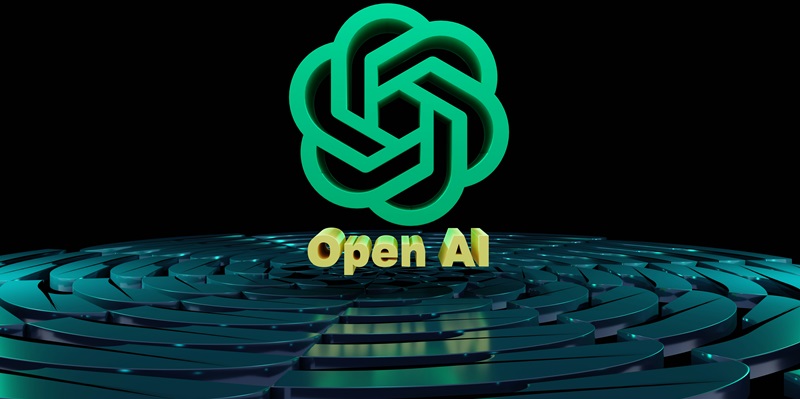As artificial intelligence (AI) increasingly permeates various facets of life, communication has emerged as a frontier witnessing significant transformation. The advent of powerful language models such as OpenAI’s ChatGPT has revolutionized the way we interact with machines, giving rise to tools that facilitate smooth and intuitive dialogues. Among these innovations, WebUtility’s ChatGPT Prompt Generator stands out, wielding the potential to drastically alter the landscape of AI interactions.
Revolutionizing Engagement Through Customization
WebUtility’s ChatGPT Prompt Generator isn’t just any tool, it’s a breakthrough in user engagement with AI. The complexity of AI communication lies in the crafting of prompts that elicit meaningful responses. However, this generator simplifies the process. With an intuitive interface, users can expedite the creation of customized prompts to suit their unique objectives, whether it’s generating content, aiding in creative writing, or revolutionizing customer support. By selecting actions such as ‘Create’, ‘Explain’, ‘Analyze’, or ‘Write’ and honing in on particular focus areas, users ensure the resultant interactions are highly relevant and productive.
The beauty of this tool lies in its capacity to eliminate the hassle and inefficiencies associated with manual prompt engineering. Typically, users may struggle to formulate queries that steer ChatGPT towards the desired outcome, often leading to generic or irrelevant responses. By leveraging the Prompt Generator, individuals and organizations can avoid these pitfalls and foster meaningful discourse with the AI, each prompt optimized for context and purpose. It’s not just about communication—it’s about crafting dialogue that resonates and achieves specific goals, thereby amplifying efficiency and productivity.
Enhancing AI Responsiveness and Industry Accessibility
The AI behind WebUtility’s generator is designed to embrace the nuances of natural language and diverse contexts. This adaptability is further evidence of a prevailing trend in AI development: creating smarter tools that understand and respond adequately to human-like conversation. What truly sets the generator apart is its ability to consistently produce contextually appropriate prompts. This promising attribute suggests that as AI continues to evolve, so too will its capacity to partake in exchanges that mirror human thoughtfulness and sensitivity, further bridging the gap between machine and human interaction.
Moreover, the discussion surrounding AI tools and their accessibility is growing, as evidenced by resources like AI Parabellum’s AI Tools Directory. This repository is indicative of the industry’s committed effort to make AI technology more readily available across varied sectors. The directory serves as a testament to the significance of integrating AI tools into daily operations, signaling a broad consensus on their crucial role in driving innovation, efficiency, and growth. The availability of the prompt generator within such a directory is a nod to the overarching goal of democratizing AI, ensuring users from all industries have the keys to unlock the full potential of AI engagement.
Summarizing the Shift in AI Interactions
Artificial intelligence (AI) is transforming how we communicate, marking a new era where talking to machines feels as natural as chatting with a friend. OpenAI’s ChatGPT is a trailblazer in this space; its advanced language capabilities have reshaped our interactions with technology. Among the standout tools capitalizing on this advancement is WebUtility’s ChatGPT Prompt Generator. This nifty creation harnesses the power of AI to support seamless, engaging conversations with our electronic counterparts. Its existence signifies a major shift in the AI communication domain, suggesting a future where AI-driven conversations are the norm. The implications are vast, suggesting a future ripe with possibilities for even more complex and sophisticated human-AI exchanges. As we grapple with the new realities AI brings, tools like the ChatGPT Prompt Generator will be at the forefront, shaping our digital discourse.

